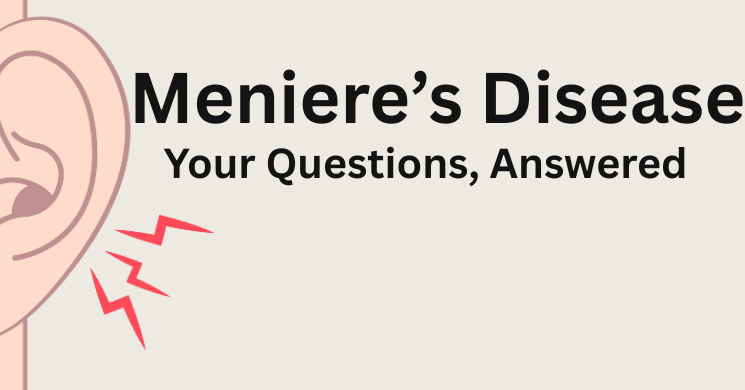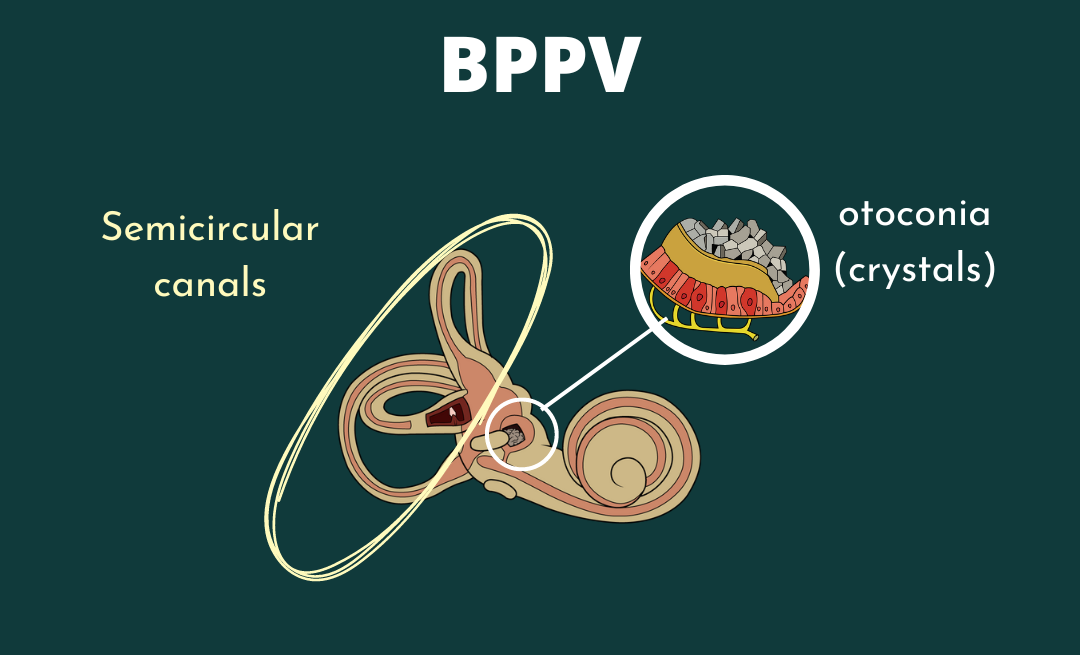Meet marina, founder of parent with migraine
Learn how to approach parenting with chronic illness to tackle high symptom days, address parenting guilt and find acceptance with founder of Parenting with Migraine, Marina Medved-Lentini. Through her own personal experience she has created a platform to offer support, resources and guidance for other parents facing similar challenges.
Website is: here or you can copy and paste into your browser: https://parentingwithmigraine.com/
Instagram: @parentingwithmigraine here.
Marina has been living with migraine disease throughout her life. Her migraine attacks were episodic during her teenage years and through college and law school. After becoming a parent, Marina began to experience chronic migraine. Finding migraine support groups on social media helped Marina find hope, support, and information to work with her medical team to get her migraine managed. Her experience has motivated her to share her knowledge with others and become a migraine advocate. In vestibular group fit, Marina and Dr. Madison talk about screen time, parent guild, ways to prep and adapt when parenting with chronic illness.
Parenting with Chronic Illness Tip: Parent Guilt
Parent guilt can come in feelings of inadequacy, guilt of missing out on precious moments, or not feeling present or providing enough for your family. We tend to be our own biggest critic, and it’s important to look at these thoughts and feelings to determine what might be stemming from self doubt or own inner critic.
Having a chronic illness doesn’t define you. Parenting with chronic illness doesn’t define your value as a parent. You are strong and your provide your own set of strength and perspective as a result of your lived experience, chronic illness included.
Tips to help combat parent guilt:
- don’t compare yourself to others. social media can create unrealistic expectations. If your kids are happy and have what they need, that’s what matters! Marina shares her realization that kids want to feel included in your life and this can be done with simple connections like watching a movie together. It doesn’t have to be an elaborate social media activity.
- be kind to yourself. What would you say if this was your best friend having thoughts of self doubt? Is that what you’re telling yourself, or is your harsh inner critic talking?
- Doing your best is what counts. It’s okay to ask for help. If friends or family have shown interest in helping, take them up on it. A little help can go a long way.
- Get support! finding a community of those who share similar experiences and struggles can create a space to share openly your thoughts and feelings. You’re not alone in this.
Sometimes parent guilt comes in the form of potentially passing on a chronic illness such as migraine to your child. Migraine disease does have a hereditary component. Knowing about the signs and symptoms of your chronic illness in children can help identify the need for intervention quickly. Remember, there is so much more to a child than a chronic illness. Kids are resilient and have repeatedly reminded me that there’s something to be excited about and get the most out of life.
In the case of pediatric migraine, Marina shares resources on learning signs and symptom of migraine in kids to help get them proper resources. Migraine at school is a great resources for parents, educators and how to help support students. check them out here!
Parenting with chronic illness tip: preparedness and adaptability
Part of parenting is having to be flexible and adapt to changing situations. This is even more true when parenting with chronic illness. Having some items prepared can help on days when you’re not feeling your best. check out some tips below.
- Talk to your children about your chronic illness. It doesn’t have to be super in depth, but at a level they can understand. Answer any questions they have. Being honest with your kids can help them understand more of what’s going on if you’re not feeling well, instead of potentially catastrophizing the situation into a worse case scenario in their minds.
- As kids get older, they may benefit from having a role to help support you. This might be grabbing an ice pack or a migraine kit for you. Maybe it’s brainstorming a list of activities they can engage in more individually or next to you that are better tolerated when you’re not feeling your best.

Parenting with chronic illness tip: acceptance
Finding acceptance and self compassion has been noted by many as a main part of living with a chronic illness. Acceptance doesn’t mean you’re giving up but learning to live with a chronic illness. This includes finding ways for best management while coming up with solutions to keep doing your everyday. Your plan for you day might change or look completely different than you expected and that’s okay! Acceptance helps us address the stress and change of the unknown. We cover this more in our self compassion blog and premium content in vestibular group fit and more on acceptance in this blog post.
Disclaimer
Want to learn more about how to parenting with chronic illness, household tasks and social situations and other vestibular tools from the experts and be a part of a supportive community to get back to your daily life? Find out more at this link: https://tvd.flywheelstaging.com/about-group/
Disclaimer:
Remember: this post is for informational purposes only and may not be the best fit for you and your personal situation. It shall not be construed as medical advice. The information and education provided here is not intended or implied to supplement or replace professional medical treatment, advice, and/or diagnosis. Always check with your own physician or medical professional before trying or implementing any information read here.







